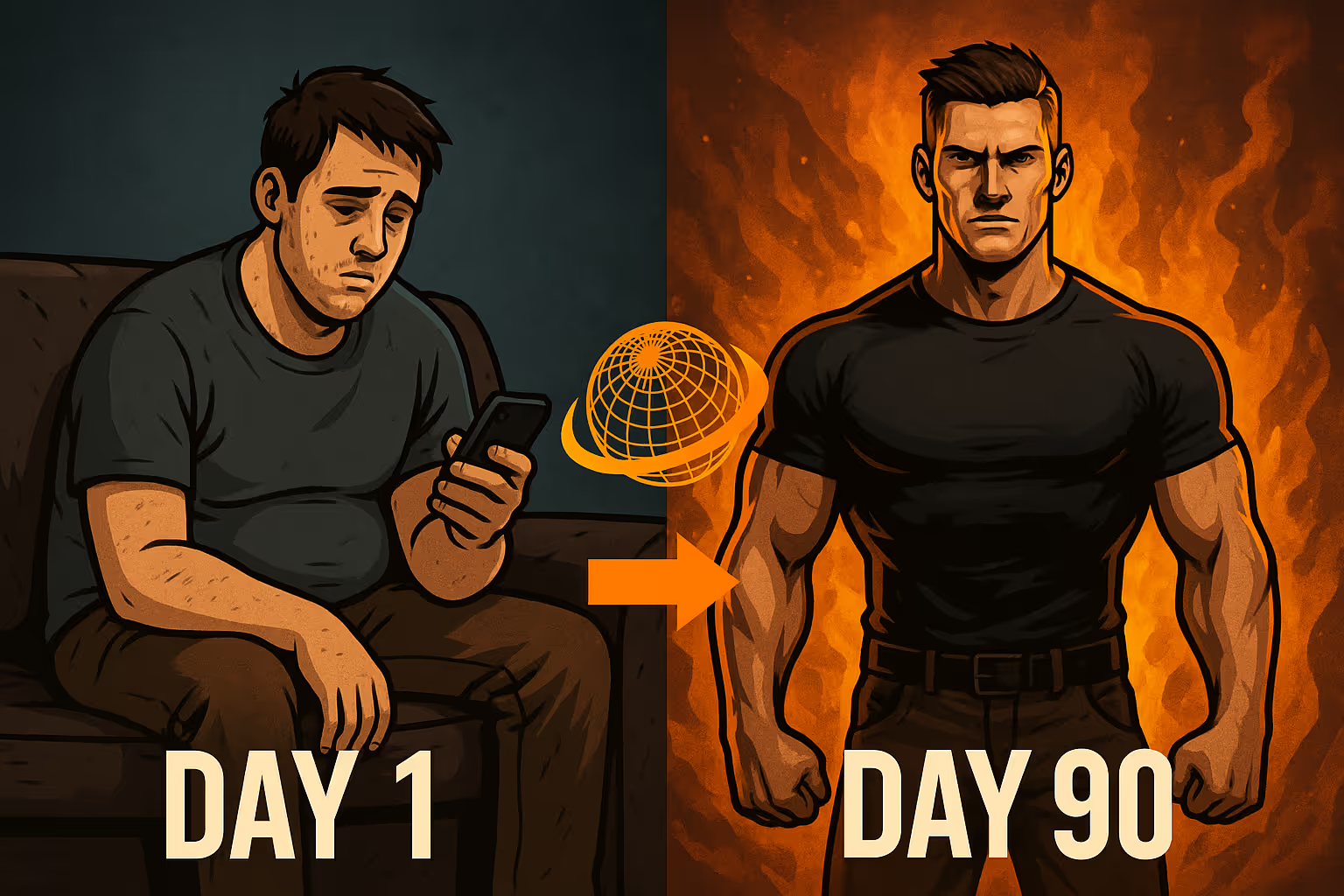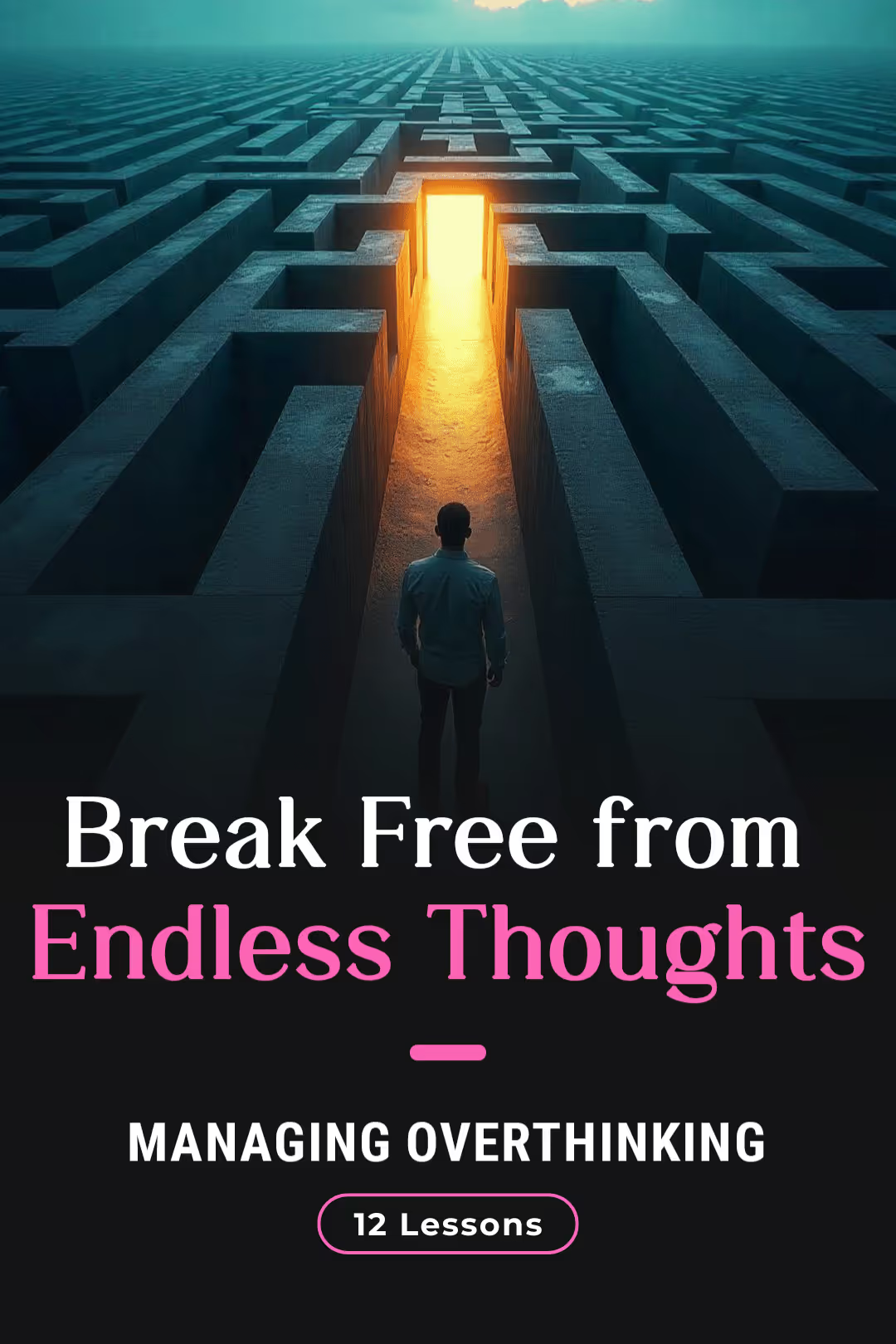
You're Not Alone—You're in a System That’s Failing
The rise in depression is not just a personal crisis—it’s a cultural pattern. If you’ve felt drained, emotionally numb, or mentally stuck, you are not weak. You are reacting to an environment that was not built for human strength or stability. Understanding the root causes is the first step toward reclaiming your agency.
Depression by the Numbers: A Global Mental Health Crisis
The data is clear:
- The World Health Organization reports that over 280 million people worldwide suffer from depression.
- In the U.S., depression rates among adults rose from 8.5% in 2019 to over 27% in 2022, according to Boston University School of Public Health.
- Young adults (ages 18–29) report the highest rates of depression among all age groups.
This is not a coincidence. It’s a signal.
Why More People Are Struggling Than Ever Before
1. Hyperstimulation and Dopamine Disruption
Constant exposure to digital stimulation—social media, short-form content, porn, and gaming—conditions the brain for quick dopamine hits and instant gratification. Over time, this reduces the brain’s baseline sensitivity to pleasure, making normal life feel dull and meaningless.
2. Disconnection from Real Community
Online interaction has replaced deep, physical, in-person connection. Many men report feeling more isolated than ever, despite being digitally “connected.” A lack of true brotherhood and purpose-driven connection is a strong predictor of depression.
3. Lack of Meaning and Purpose
Career pathways have become transactional. Many men work jobs that lack meaning, without clear long-term direction. When effort does not translate to growth or contribution, the result is often emotional burnout or hopelessness.
4. Declining Physical Health and Sleep Quality
Modern lifestyles often ignore the basics: movement, sunlight, nutrition, and recovery. Men who sleep poorly, eat processed foods, and live a sedentary life are significantly more vulnerable to mental health decline.
5. Information Overload, No Inner Structure
We consume more information in a week than our ancestors did in a year—but rarely apply it. Without a structured framework for action, this leads to paralysis, comparison, and chronic self-doubt.
The Hidden Consequences of Untreated Depression
Depression is not just about sadness. It erodes:
- Focus and clarity
- Confidence and drive
- Intimacy and relationships
- Ambition and long-term vision
Left untreated, it becomes a self-reinforcing loop: low energy → no action → lower self-worth → deeper withdrawal.
What You Can Do (That Actually Works)
The solution is not another motivational quote. It’s rebuilding your system.
Actionable Steps:
- Reclaim Your Body: Commit to a simple physical routine—strength training, clean eating, and sleep discipline. These changes regulate mood and stabilize brain chemistry.
- Reduce Stimulation: Cut down on mindless scrolling and digital noise. Reintroduce boredom and silence into your day.
- Connect with Real Men: Isolation worsens mental health. Community with high-standard men builds strength and accountability.
- Create a Clear Routine: Depression thrives in chaos. Structure reduces overwhelm and increases a sense of control.
- Seek Purpose Over Pleasure: Begin building something—a project, business, or body—that gives you long-term reward, not short-term escape.
Final Thoughts: Depression Is a Signal—Not a Sentence
Feeling low doesn’t mean you’re broken. It means your current system—mental, emotional, physical—is misaligned with your values, your biology, or your mission.
You don’t fix this with passive consumption.
You fix it with active reconstruction.
The One Academy: A Framework for Men Who Want to Lead Themselves
At The One Academy, we help men move from numbness to direction, from isolation to action.
We don’t offer hype—we offer structure.
If you’re tired of drifting, and ready to rebuild your foundation physically, mentally, and emotionally,
this is where it begins.



.svg)































.avif)


























































.svg)
.svg)